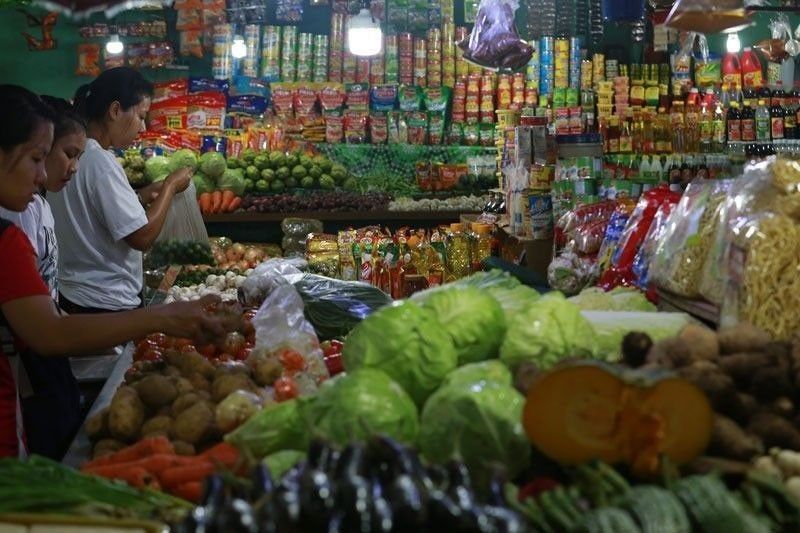Inflation likely climbed past 5% in February, says BSP

MANILA, Philippines — Inflation likely quickened further in February and could exceed five percent due to the steady rise in the prices of crude oil in the world market and fish products in the domestic market, the Bangko Sentral ng Pilipinas (BSP) said.
Based on estimates of the central bank’s Department of Economic Research, BSP Governor Benjamin Diokno said inflation likely settled within the 4.3 to 5.1 percent range or a point inflation projection of 4.7 percent in February from a two-year high of 4.2 percent in January.
The last time inflation averaged above five percent was in December 2018 at 5.1 percent.
“Upward price pressure for the month emanate from the continued uptick in global crude oil prices and elevated fish prices,” Diokno added.
On the other hand, the BSP chief said the imposition of price caps on meat products in the National Capital Region (NCR), stable rice prices and lower power rates in areas serviced by Manila Electric Co. (Meralco) contributed to the downward price pressures in February.
Speaking at a virtual economic forum Friday, Diokno said inflation likely accelerated above the high-end of the target range from the first quarter to the third quarter this year but latest baseline projections show inflation returning within the target range of two to four percent over the policy horizon.
“Inflation is seen to decelerate below the midpoint of the target range by Q4 2021 and Q1 2022 due to negative base effects before settling close to the midpoint by the second half of 2022,” Diokno said.
The BSP chief pointed out risks to the inflation outlook appear to be broadly balanced for 2021 but could remain on the downside in 2022 as the country recovers from the recession caused by the COVID-19 pandemic.
“Primary upside risks to inflation include supply-side price pressures from oil and meat prices, along with the impact of an earlier rollout of COVID-19 vaccines on domestic economic activity,” he said.
He added primary downside risks to inflation are the potential impact on global and domestic economic prospects due to delays in mass vaccination and the spread of new variants of the virus.
Diokno said inflation expectations remain anchored to target for 2021-2022 as the central bank’s Monetary Board sees the consumer price index averaging at four percent instead of 3.2 percent this year and 2.7 percent instead of 2.9 percent next year.
He said results of the BSP survey of private sector economists for January 2021 showed higher mean inflation forecast for 2021 at 3.4 percent from three percent based on the December 2020 survey.
Their assessment of risks to the inflation outlook is tilted to the upside owing to supply disruptions and improvement in domestic demand.
“The BSP will remain vigilant over the current inflation dynamics and operating environment with a forward-looking perspective to ensure that the monetary policy stance continues to support economic recovery and address any risks to our price stability mandate,” Diokno said.
- Latest
- Trending





























